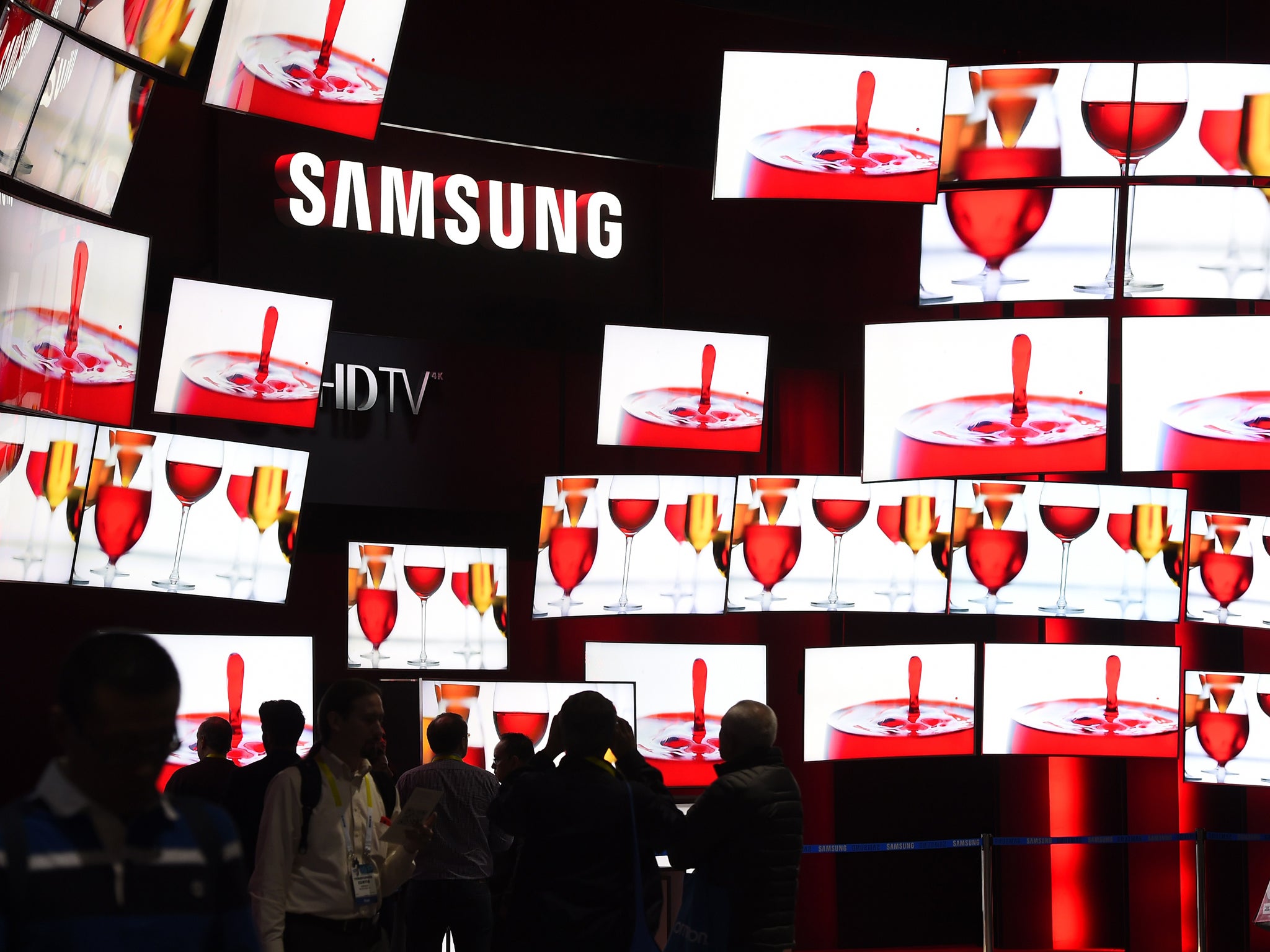Samsung TVs in Europe ‘less energy efficient’ in real life than in tests
Samsung has strongly denied that a motion lighting feature is in any way like the devices Volkswagen used to cheat emissions tests

Testing by an EU-funded research group has revealed discrepancies between the amount of energy used by Samsung TVs in official testing compared to real life.
The results have raised fears that mechanisms for affecting the results of test scenarios could extend further than the car industry after the Volkswagen emissions scandal came to light in September.
ComplianTV, the research group, recorded consistently higher energy consumption rates for Samsung TVs in real-world situations compared to in test conditions, the Guardian reports.
The ComplianTV report did not name Samsung. A spokesperson for Samsung has strongly denied that a motion lighting feature, which reduces screen brightness in certain scenarios, is in any way like the ‘defeat devices’ used by Volkswagen to reduce nitrogen oxide emissions from cars in a test scenario.
“There is no comparison [between motion lighting and VW defeat devices],” a Samsung spokesman told the Guardian. “This is not a setting that only activates during compliance testing. On the contrary, it is an ‘out of the box’ setting, which reduces power whenever video motion is detected. Not only that, the content used for testing energy consumption has been designed by the international electrotechnical commission to best model actual average picture level internationally.”
Rudolf Heinz, the project manager of ComplianTV’s product lab, said that Samsung was “meeting the letter of the law but not the spirit of the law”.
There is no suggestion that Samsung behaved illegally or improperly, however some campaigners think tests could be more rigorous.
Jack Hunter, a spokesman for environmental watchdog the European Environmental Bureau, which is funded by European governments, told the Guardian that there would be many angry customers if TVs were proved to be deception during tests. “There’s more than a whiff of diesel fumes coming out of this, with officials finding gadgets that recognise test conditions and alter their behaviour,” Hunter said.
Subscribe to Independent Premium to bookmark this article
Want to bookmark your favourite articles and stories to read or reference later? Start your Independent Premium subscription today.

Join our commenting forum
Join thought-provoking conversations, follow other Independent readers and see their replies